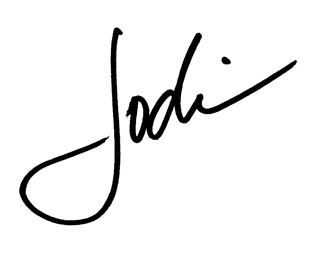Every month or so, we turn to an expert in our network to share a Guest Post. Read on from fellow productivity enthusiast Niraj Ranjan Rout.
…
We are constantly chasing productivity, whether we are striving for the inbox zero or obsessing over the many productivity apps and tools out there. We are constantly trying to get more done in a given amount of time. But, in the process, I am afraid we are losing sight of the bigger picture and solely chasing the idea of productivity, rather than productivity itself.
In fact, I think we are chasing three specific myths in the name of trying to be more productive but in reality, they’re making our lives more chaotic.
Myth 1: Multitasking makes you more productive
You are doing a day job, raising kids, running a side hustle, and even a blog. Contrary to popular belief, doing more doesn’t always make you more productive.
Multi-tasking forces you to divide your focus and attention. You will end up doing an average job at many tasks, instead of an excellent job at one task.
Additionally, shifting from one task to another while multitasking involves significant time loss. According to LifeHacker.com it takes an average of 23 minutes and 15 seconds to get back to a task after a distraction.
Myth 2: Taking frequent breaks is counter-productive
Breaks are important. They not only relieve you mentally and physically, but they also recharge you for the next task, ensuring that you are at your best when handling the task.
Many people associate taking a lot of breaks, such as going out for a walk, or taking a call etc., as signs of inefficiency and a lack of commitment. They couldn’t be further away from the truth. Check out this info-graphic put out by HealthDecide.com about the importance and benefits of taking breaks at work!
In fact, I will go one step further and recommend using the Pomodoro work technique, where you work in 25-minute chunks of time and complement it with 5-minute breaks to stretch and relax.
Myth 3: Remote working is a productivity killer
Back in the day, when there wasn’t as much technology and connectivity, remote working may have been unproductive, but not any more.
Remote working is a stress buster. People feel empowered to work in a way that suits them. It is good for their work/life balance. People work better when they have to focus on just the tasks rather than the presenteeism. Remote working gives them more choices.
Additionally, working remotely saves time otherwise wasted on a daily commute. According to the UK Office of National Statistics, “Commuters have lower life satisfaction, a lower sense that their daily activities are worthwhile, lower levels of happiness and higher anxiety on average than non- commuters.”
I have always found that my employees get more tasks done and take more initiative when they have the freedom to work from home.
The way to get started is to quit talking and begin doing. – Walt Disney
—
NIRAJ RANJAN ROUT is the founder of Hiver (hiverhq.com), an app that turns Gmail into a powerful customer support and collaboration tool.

